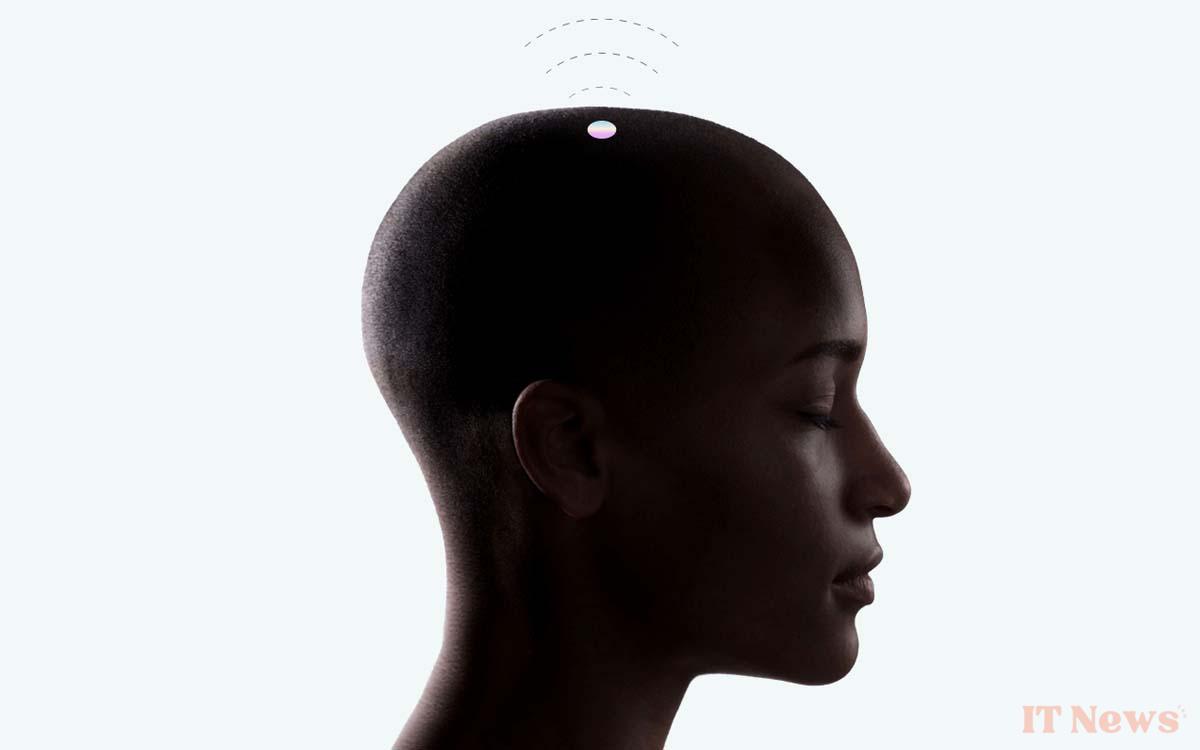What if ordering a pizza required only a thought? For thousands of speechless people, this dream could become a reality. Neuroscientists are working on brain implants capable of transforming brain waves into synthetic voice. Such an exciting project... that distressing.
Giving a voice to those who have lost it: this is the crazy challenge of Californian neuroscientists. By combining brain implants and AI, teams like Edward Chang's (UCSF) have succeeded in synthesizing speech from neural signals. Their latest feat? A quadriplegic woman, mute for 18 years after a stroke, was able to "speak" via a decoder, with a delay reduced to one second, compared to eight previously. By training herself to mentally articulate sentences, she allowed the AI to translate her brain impulses into words, at a rate of 47 words per minute. Far from the natural flow (150 words), but enough to hope to converse. "The goal is to achieve a fluency close to verbal exchange," explains Chang, whose work was published in Nature Neuroscience.
Also read – This collar makes your dog talk thanks to AI, revolutionary product or big scam?
Decoding the brain's language is now possible
The key resides in the motor cortex, the brain area activated when we imagine speaking. By mapping these signals, AI generates a synthetic voice or text. The company Precision Neuroscience is banking on ultra-dense electrodes to capture more data, with the ambition of creating "the world's largest neural database." Their implant, authorized to remain for 30 days, marks a step towards commercialization.
But there are many obstacles. First, the tedious learning process: patients must train for hours to thinking predefined sentences. Then, the variability between brains. If the neural patterns differ too much, each user will require a personalized model, a large-scale obstacle. Finally, reproducing emotion (tone, intonation) remains complex. "The current synthetic voice lacks naturalness," admits Sergey Stavisky (UC Davis), whose team achieves 98% accuracy... without the charm of a human voice.
Another ethical challenge: what if technology read our intimate thoughts? "Fortunately, it is limited to the motor cortex. No one wants their internal monologues broadcast, reassures Nick Ramsey, a Dutch researcher. Faced with these challenges, Neuralink (owned by Elon Musk) is banking on computer control, leaving synthetic speech to others. But for thousands of patients, this new device could well be a great help in their daily lives.




0 Comments